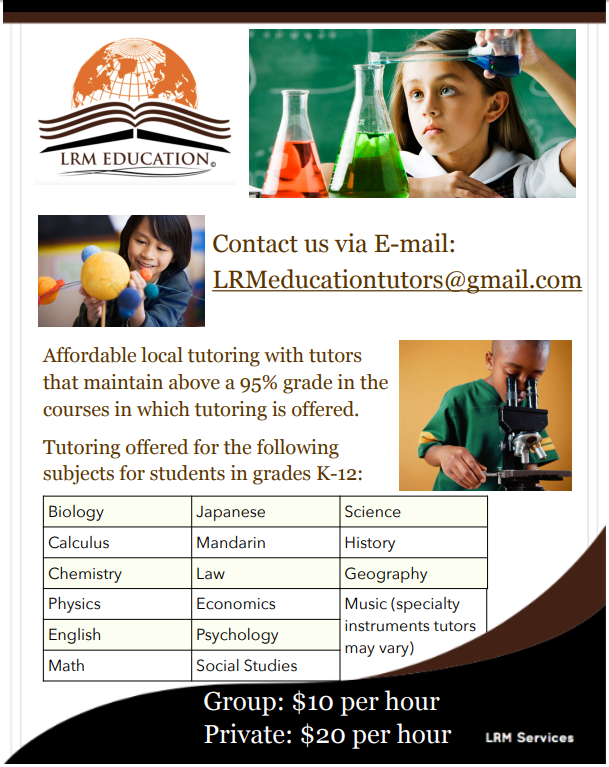What Is the Story of My First Rhythmic Gymnastics Ball?

Source:
My object is my very first rhythmic gymnastics ball. I got it when I was around 7 years old. The ball is a primary source that was made in Japan by a company called Sasaki. This information is written on the ball in black. It was probably made sometime in late 2011, which is when my mom bought it for me.
Context:
Several things happened in 2012 that could have influenced me recieving this ball. First, it was my first year competing with my ball routine. I had done gymnastics for several years before but this was my first year doing an individual ball routine, which meant that I would need my own ball. Second, SportSoleil, a website that sold and shipped apparatus from all of the big companies (such as Sasaki), opened that could have shipped my ball. I bought the ball from my coach, so I am not entirely sure who shipped it, but SportSoleil is possible. Finally, 2012 was the year of the London Summer Olympics. This wouldn’t have affected my source specifically, but it was a pretty major event in rhythmic gymnastics that year.

Description:
This object is important to me becasue it signifies a turning point in my gymnastics journey. Recieving this ball made me feel like a more experienced gymnast in the club because most of the younger girls borrowed apparatus from our coach. Even though I use a different ball now, this one still holds a place in my heart.
The light blue ball has a marking that says “F.I.G. Approved.” This means that it conforms to all the regulations and requirements that the International Gymnastics Federation sets. It also says the letters “XH.” To this day, I still don’t know what they mean and all of my attemps to search them up didn’t produce any information. I would assume that this is some sort of make number that was added during production.
Inferences About Perspective:
The person who made this ball definetly knows a lot about gymnastics because they have to, again, conform to F.I.G. standards when making it, but it’s impossible to say whether they were a gymnast themselves. However, the person that would use this ball would only need it if they did rhythmic gymnastics, so I could infer that they were a gymnast right away. I can say with certainty that this ball was made for rhythmic gymnasts to use at practice and at competitions. The pupose of making this ball would then be to provide gymnastis with the equipment they need and to make money for the company through the sale. I don’t think that the values of the maker of this ball would affect it very much because it’s more than likely that it was made with a huge batch of similar balls in a factory. The gymnast would have to be dedicated and serious about gymnastics, however, to spend money on getting her own ball.
Inferences About Inquiry Question:
Since I am the first owner of this ball, I know most of it’s story already. It was still interesting to find out more about it’s production and where it really came from. Everything that I found out confirms any suspisions or knowledge I had before. However, I would still like to find out exactly where it came from before it I got it and when it first came into exsitence. This would probably be impossible to figure out because I don’t have any records of buying this ball. As stated above, I bought it in person from my coach, and any records she would have had are most likely long gone (recyled/thrown away). My two-year-old niece likes to play with this ball and pretend to do routines, and I hope that one day she’ll do rhythmic gymnastics (maybe she’ll even use this ball as her first one) and it becomes as big of a part of her life as it is of mine.



